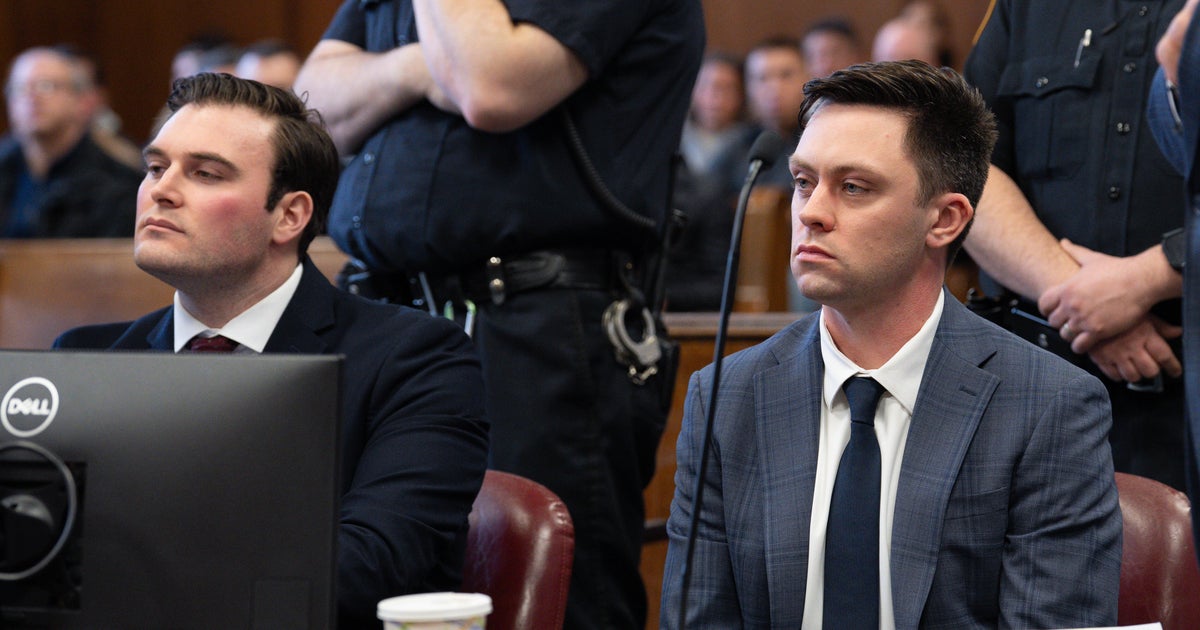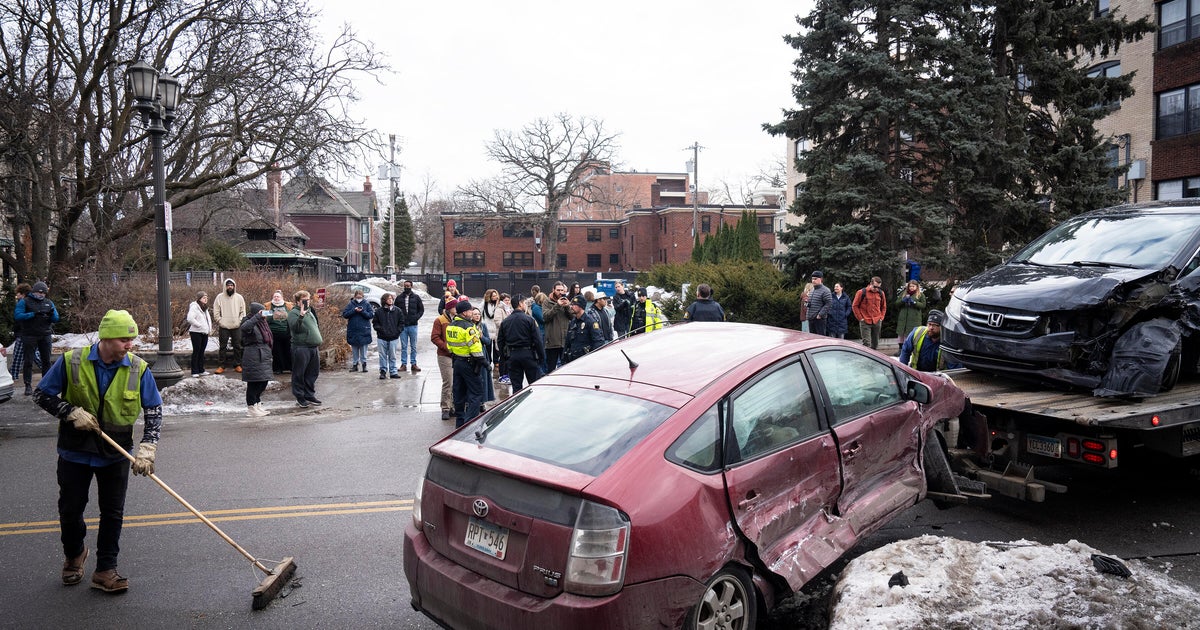Millionaire's Appeal Rejected On Blood-Alcohol Testing
Follow CBSMIAMI.COM: Facebook | Twitter
PALM BEACH (CBSMiami/NSF) – A Palm Beach County millionaire's challenge to state rules related to testing drivers' blood-alcohol levels after traffic crashes has been rejected Wednesday by a South Florida appeals court.
A three-judge panel of the 4th District Court of Appeal upheld an administrative law judge's ruling in the case of John Goodman, who was convicted on a DUI manslaughter charge in a high-profile fatal crash in 2010.
As part of the defense, Goodman's attorneys challenged two rules dealing with blood-alcohol tests and argued, at least in part, that the Florida Department of Law Enforcement had overstepped its legal authority in approving the tests.
As an example, Goodman's attorneys argued that a rule was invalid because it failed to specify a required needle size for drawing blood, an issue that can affect clotting of blood, according to Wednesday's ruling.
Administrative Law Judge William Quattlebaum rejected the arguments in 2014, and the appeals court sided with the judge.
"Any attempt by FDLE to regulate for every possible contingency that may arise in the collection or testing processes would swiftly devolve into a hopeless endeavor and serve only to expand the department's regulations to epic lengths,'' said the seven-page ruling, written by appeals-court Judge Alan Forst and joined by judges Martha Warner and W. Matthew Stevenson.
"Furthermore, such over-regulation would run the risk of locking in today's current scientific methodology, preventing the evolution and improvement of the system. It would also deprive both the state and criminal defendants of the expertise and discretion of the analysts, as their training and practical experience is necessary to properly address the wide variety of factual scenarios that may arise.
"For instance, we would be loath to require the FDLE to mandate a single, one-size-fit-all needle choice for blood collection, as the unique facts of each case may require a different choice. This determination is best left for the trained professionals on the ground, as are many of the choices made in the testing laboratories across the state. The rules at issue, when combined with basic laboratory practices, are sufficient to protect the safety and interests of the court system and defendants alike."
The News Service of Florida contributed to this report.







